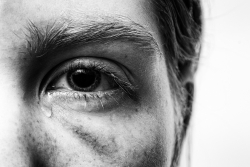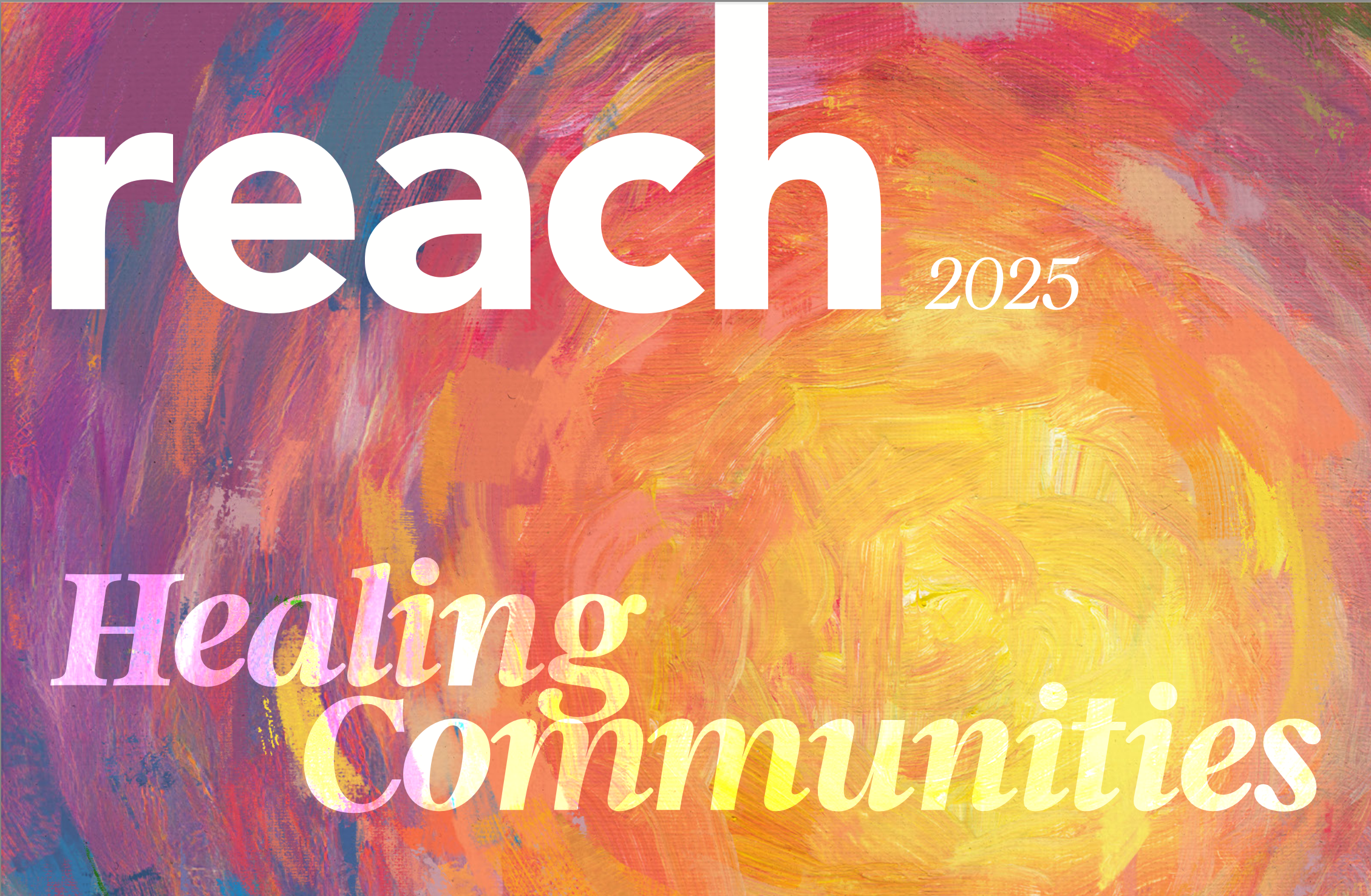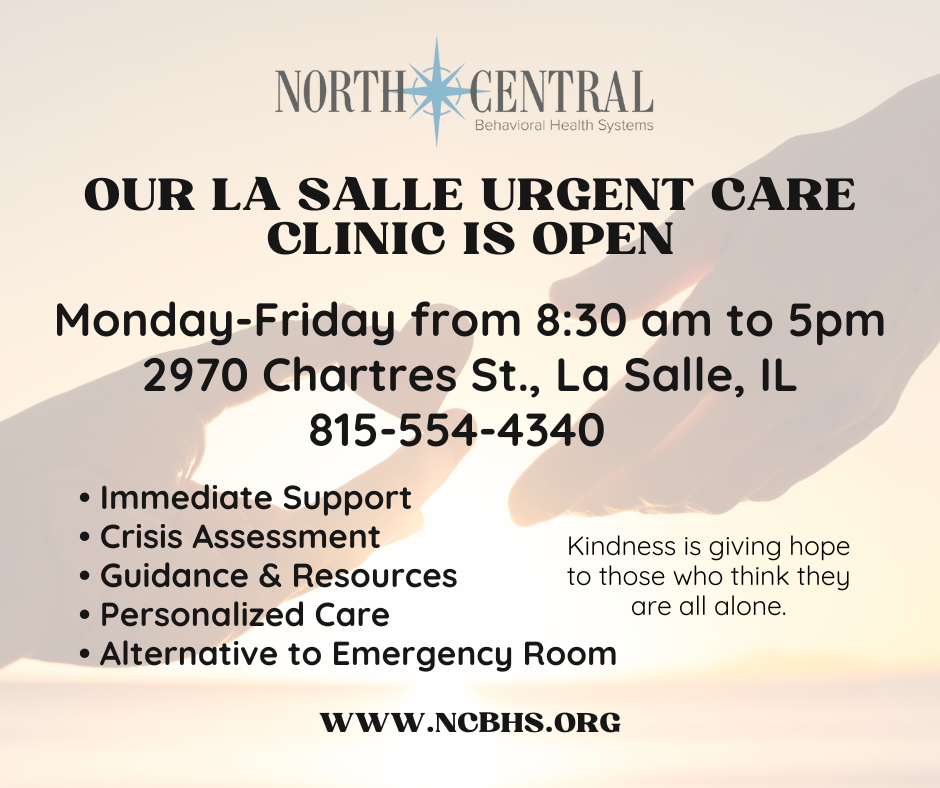Over the last several days, our lives have changed because of the COVID-19. This virus has been a source of fear and anxiety for a lot of people. Fear about a disease can be overwhelming and lead to strong and unhealthy emotions. Learning to cope with these feelings can reduce stress and make you stronger and more helpful to others. We do not have all of the answers in this situation, but hopefully, we can help you put this in perspective.
In the midst of this sweeping pandemic, humankind is being faced with an abrupt new reality…our lives are going to change and we are not exactly sure how, yet. As people are asked to stay in their homes to limit human contact and exposure to the COVID-19 virus, many of us are faced with an unsettling concern and uncertainty.
Interpersonal communication skills consist of the verbal and non-verbal cues that a person uses to communicate their thoughts, feelings and ideas with another person. These behaviors have been learned and with reflection, practice, and guidance, one can identify possible problems and make changes to improve their ability to communicate.
How to identify problems:
Anger is a completely normal, usually healthy, human emotion. When it gets out of control it can turn destructive and can lead to problems at work, in your personal relationships, and in the quality of your life. It can also make you feel as though you are at the mercy of an unpredictable and powerful emotion.
Anger can be caused by both internal and external events. You can be angry at a specific person or event, or your anger could be caused by worrying or brooding about your personal problems. Even memories of traumatic or enraging events can also trigger angry feelings.
Oftentimes the holidays will bring about a certain level of unwanted stress in our lives. If not dealt with in an effective and healthy way this stress and depression can often ruin our holidays and impact our health. Being realistic, planning ahead and seeking support from others can help ward off stress and depression.




